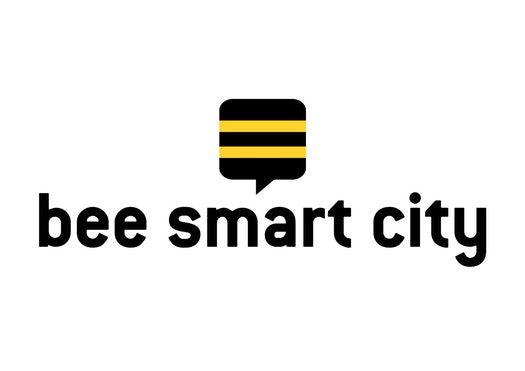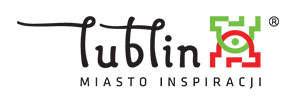Smart City = Open City
Lublin is an open city, well connected with its surroundings, with extensive external relations. Lublin is a city that is culturally open to building regional and metropolitan ties, it is also open to its residents and its stakeholders. Activities aimed at networking the city on an international scale in the thematic area of smart city allow for the transfer of information, knowledge and promotion of the city.
EIT Urban Mobility
On December 5, 2018, the MOBiLus Consortium won a project announced by the European Institute of Innovation and Technology (EIT) to create a Knowledge and Innovation Community (KIC) in the field of Urban Mobility – to design, build and implement innovative systems for more sustainable urban transport. From January 1, 2019, it is called EIT Urban Mobility – it associates 90 partner organizations, including Lublin. (https://www.eiturbanmobility.eu/our-partners/). Their efforts will be combined to use new innovation instruments in what the EIT calls the “knowledge triangle” of research centers, universities and companies. More specifically, EIT Urban Mobility will use EU funds to promote education, industrial and R&D projects led by member organizations in line with the consortium’s strategy. The project will run for 7 years, with a total budget of EUR 1.6 billion (2019-2026), including funding up to EUR 400 million by the EIT, making it one of the largest publicly funded urban transport initiatives in the world. The amount of funding allocated to specific projects depends on the in-kind contributions of the project partners.
The aim of the EIT Urban Mobility is to strengthen European competitiveness, improve access to mobility and increase the attractiveness of cities. The motto of the consortium “Mobility for Liveable Urban Spaces” is about the movement of people, connecting communities and recreating public spaces.
The MOBilus consortium meets five strategic goals:
•To be the European engine for knowledge and innovation in mobility.
•Training the next generation of urban mobility practitioners.
•Use and improvement of implementation ideas.
•Driving future mobility services and solutions in the marketplace.
•Replicate and scale new mobility solutions in Europe and beyond.
https://gospodarczy.lublin.eu/centrum-informacji/blog/eit-urban-mobility
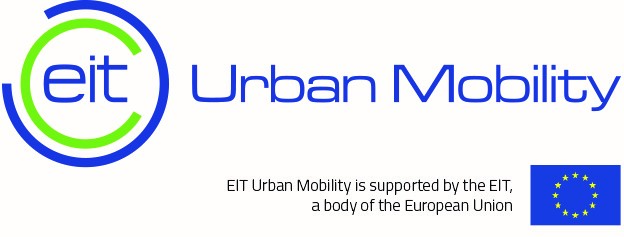
Polish Circular Hotspot
The Polish Circular Hotspot is a public-private platform that brings together entities, perhaps competing with each other on a daily basis, but which, thanks to cooperation and access to shared resources, can achieve more both for the development of the circular economy idea and for their own interests.
Circular Hotspot’s mission is to support the global community, business, cities and governments in the transformation towards a circular economy through practical and scalable solutions that will help solve mankind’s greatest challenge – dwindling natural resources.
During the COP24 Climate Summit in Katowice on December 7, 2018, a cooperation agreement was signed between Polish Circular Hotspot and Holland Circular Hotspot, Circular Change (Slovenia), Zero Waste Scotland, Circular Norway and Luxembourg Circular Hotspot. Thus, the Polish hotspot joined the group of leading European organizations in the circular economy area.
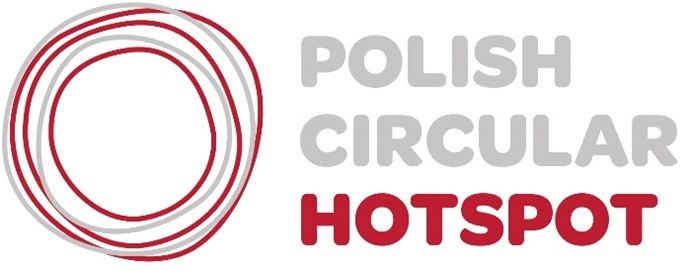
FORCE – cities cooperating FOR Circular Economy
The goal of the FORCE Academy is to bring together stakeholders from partner cities, non-partner cities and other stakeholders in order to exchange experiences in the field of the circular economy, support the development and disseminate management models based on the value chain.
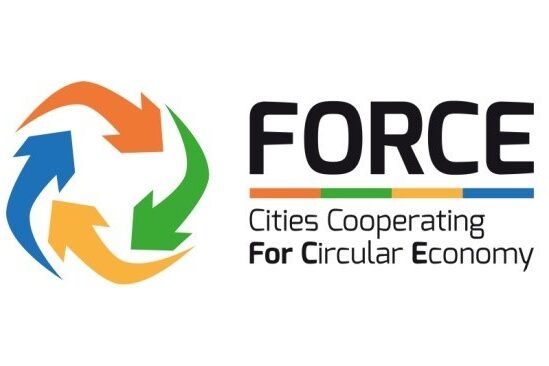
Metabolic
As an organization committed to changing systems, Metabolic works to transform the existing global economy as quickly as possible – together with influential decision makers – to stimulate sustainable development management and organizational change.
Metabolic advises governments, businesses and NGOs on how to adapt to a rapidly changing global context while creating breakthrough solutions that can radically transform the way the economy works to one that is regenerative and “circular” by design.
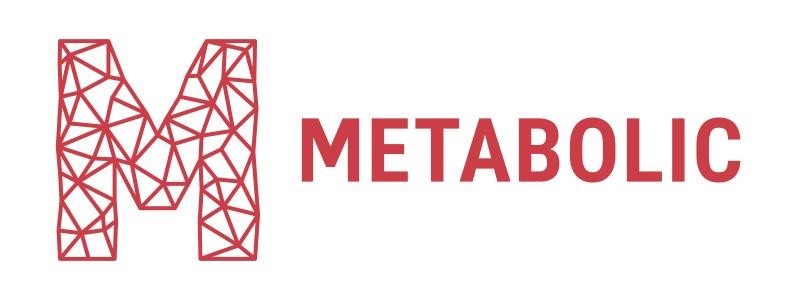
INNOWO
The Institute of Innovation and Responsible Development INNOWO is a non-governmental organization, ThinkTank operating in the area of supporting the development of innovation and implementation of system changes for sustainable socio-economic development. INNOWO cooperates with various groups of stakeholders, such as: scientists, government administration, decision makers, business and the NGO environment in order to initiate joint actions to improve the situation of society and the environment.
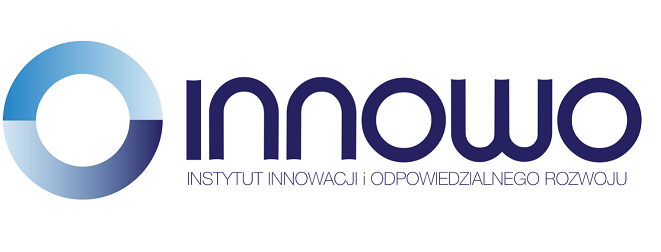
Open & Agile Smart Cities (OASC)
Open & Agile Smart Cities (OASC) is an international non-profit network, the purpose of which is to shape uniform standards and exchange experiences and good practices in the use of open data and building innovative solutions for smart cities.
The OASC, together with 117 cities around the world, is jointly striving to establish a Minimum Interoperability Mechanism, which will be characterized by a transparent mechanism of operation and easy adaptation in every city, regardless of its size. The creation of such standards will contribute to the digital transformation in cities and will provide effective tools for creating an optimal open data policy.
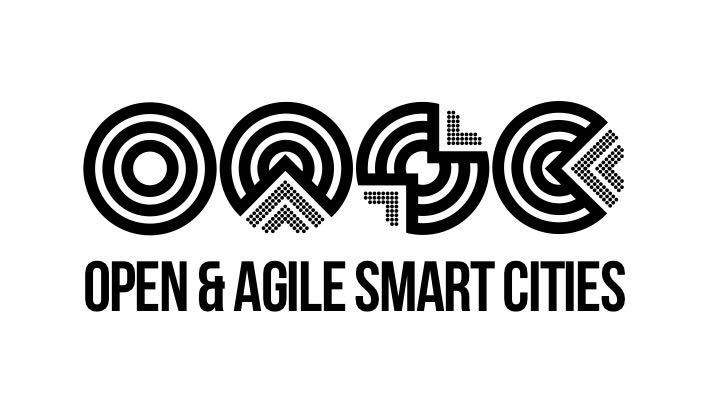
Bee Smart City
Bee Smart City is a startup-based digital platform that deals with issues related to intelligent solutions in cities around the world. Bee Smart City is also a set of tools and an extensive database of examples of smart project implementations. The platform enables the analysis and comparison of the effectiveness of the implemented ideas. However, the biggest advantage of this solution is, above all, the possibility of education and inspiration based on the experiences of others, which is extremely important when designing smart solutions.
The database itself currently includes 774 smart solutions from around the world. The database also includes information on projects identified in the city of Lublin in various sectors.
